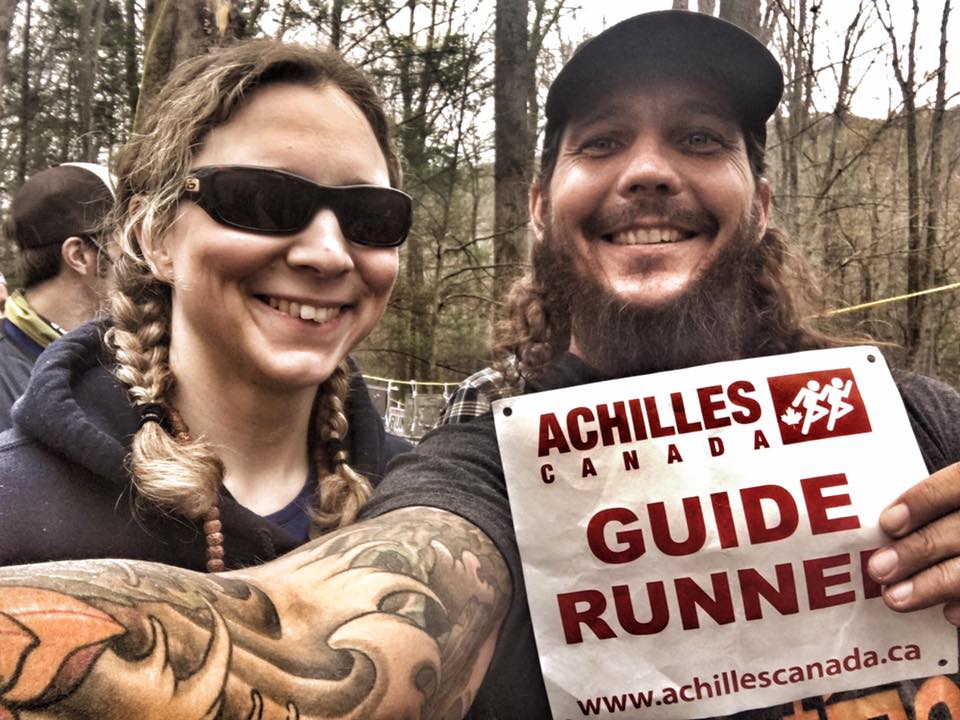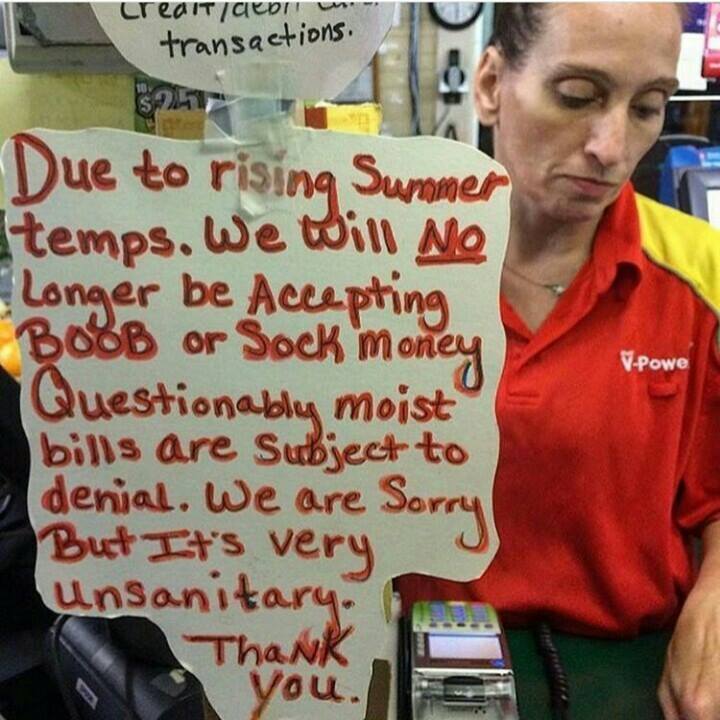Legally blind Ontario woman to run Tennessee ultra–unguided
Kitchener, Ont.'s Rhonda-Marie Parke uses ultrarunning as a way to raise awareness of differently-abled athletes

This amazing athlete is a mere two weeks away from her 505 km unguided. Her race, a gruelling multi-day event designed to break the human spirit. She strengthens her core and ankles with help from @EliteTF to help avoid falls should she catch her feet on roadside debris. pic.twitter.com/B9NkEJSlYc
— The Rarebits (@RunningRarebits) June 23, 2018
Rhonda-Marie Parke, a visually-impaired trail runner from Kitchener, Ont., is accustomed to running very long distances, usually with a guide by her side to let her know about obstacles on the trail. (She ran the 885K Bruce Trail over three weeks in 2014 with a team of guides.) Starting July 13, Parke, a registered massage therapist, will attempt to run 500K across the state of Tennessee–on the highway–without a guide.
RELATED: The Shakeout Podcast: 20 Days, 885K, 8% Vision
The race is called Last Annual Vol State (“vol” being short for volunteer, a reference to the state’s valorous War of 1812 soldiers), and it’s directed by the same individual who directs the notorious 100-mile Barkley Marathons, also in Tennessee: Lazarus Lake.
Many people know about the Barkley, famous for its outrageous elevation changes, insanely strict time cutoff, and wildly eccentric race director, but few people know that in 2016 (the year that North Vancouver’s Gary Robbins made the first of three unsuccessful attempts to conquer the Barkley), Parke was there too. And she wasn’t crewing or spectating. She was running.
Like almost everyone who attempts the Barkley, with only 15 exceptions in more than 30 years, Parke DNF’d. “We basically went off course in the first two miles and were intermittently lost for the next 30 hours,” says Parke, who, with her guide, barely managed to get through a single 20-mile loop, and well beyond the cutoff for being allowed to continue. Yet it remains her favourite race experience to date. “Everyone was struggling,” she goes on. “Between the unmarked course, the terrain, the six pages of instructions, the weather, the time cutoffs and everything else, there wasn’t anyone who wasn’t facing incredible obstacles. It’s impossible for most people. But this is why I loved it. It’s like everyday life for a visually-impaired person.”
RELATED: Inspirational visually impaired ultrarunner marries guide at Maritime Race Weekend
Vol State is completely different, considering it’s run on roads, over a 10-day period, in the heat of July. What it has in common with the Barkley is the complete absence of aid stations. (At least the Barkley has a water on the course, if you’re lucky enough to find it. Vol State does not.) Runners report their location twice a day by phone or text. With Laz’s races, as Parke says, “You can take anything you think you know and throw it out the window.”
Like the Barkley, Vol State is a race with a 30-year history, and because it’s not isolated like the Barkley course, locals are accustomed to its runners passing through their communities. Some churches and fire halls offer a spot for the weary to lay down a sleeping bag, and occasionally “angels” welcome runners with offers of food, water, sometimes even a shower. But for a visually impaired first-timer, it may be small comfort. “If there’s a sign that says ‘water for runners’ on the other side of a four-lane highway, I’m not going to see it,” says Parke. And not everyone, merchants in particular, are uniformly welcoming, as illustrated by the photo below:

The other difference, and the one that makes the journey infinitely more dangerous and (Parke admits) frightening, is cars. She plans to cover most of the distance at night, when there will be fewer cars on the road and her limited vision is actually better than in daylight, and walking with a white cane during the day. She will be listening to directions throughout the entire route via the RunGo app, heavily annotated in advance by her crew with directions broken down into details a sighted person wouldn’t need or think of. “If something happens to me,” says Parke ominously, “there might not be any witnesses.”
Parke’s “crew” consists of her friend Chris, who will drive the route, meeting up with her every four hours or so. He’ll carry a tent in case she needs it.
As for Lazarus Lake, the race director, he won’t be around. Lake is on his own journey, walking across America. He’s currently in Illinois, having travelled almost 2,000 kilometres since he started in Rhode Island on May 10. A stand-in will direct Vol State in his absence, another factor adding to the uncertainty around Parke’s adventure.
RELATED: Eccentric race director on a one-man trek across America
The Grim Reaper, aka Tim the Grim, familiar to anyone who’s run Hamilton, Ont.’s Around the Bay 30K race, is also running Vol State this year, along with his partner (who shall remain nameless to protect the Reaper’s identity, a closely-guarded secret). He and Parke have met at some of the ultras scattered around southern Ontario, and he offered to run Vol State with her. She declined.
“I’m not fast, just stubborn,” says Parke.
https://www.instagram.com/p/BkBBSfvFzV7/?taken-by=batgirl78
So why is she doing this? “Usually in an ultramarathon I have a guide who is there to keep me safe,” Parke says. “When I did the Bruce Trail, I had a crew. I had a shower every night and a bedroom door I could close. There’s a parallel between doing this race unguided, and my everyday life. I don’t usually have anyone with me when I go to the grocery store or the bank or a doctor’s appointment, and I have to figure it out in this ‘ableist’ environment. Here’s a way for me to illustrate the struggles of differently-abled people.”
“Whether in business, or getting around the city, or in sports, we are just not expected to show up,” Parke goes on. “It’s difficult not to give it a negative spin, but we have to deal with being scared every day.”
Readers can follow Parke’s progress via social media, on Facebook, Twitter, and Instagram.


